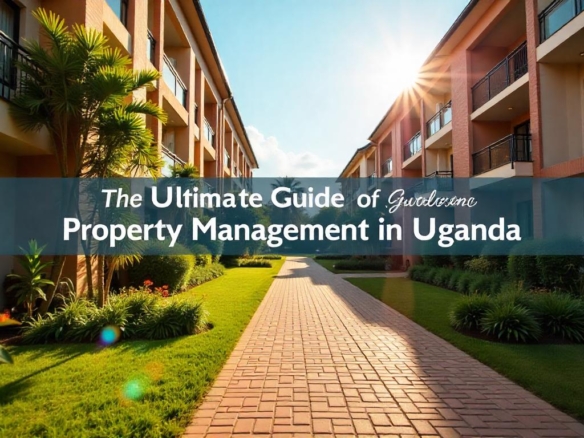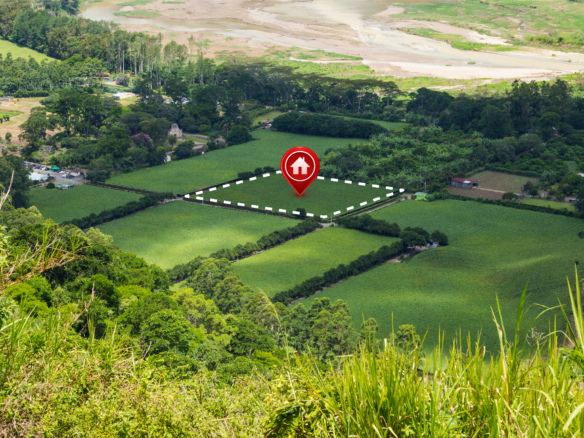Kampala, Uganda’s bustling capital, continues to be a focal point for real estate investment, particularly in the rental property sector. With a growing population and increasing urbanisation, the demand for rental properties has surged, presenting both opportunities and challenges for investors, landlords, and tenants alike. Rental Properties in Kampala
Current Market Trends
1. Rising Rental Yields
The rental market in Kampala has shown robust growth, with rental yields averaging between 8 and 10% in prime locations such as Kololo, Naguru, and Nakasero. This growth is driven by a combination of factors, including a young and expanding population, an influx of expatriates, and a thriving business environment.
2. Shift Towards Short-Term Rentals
There is a noticeable shift from long-term leases to short-term rentals, especially for furnished apartments. This trend is prevalent in high-density residential areas like Kyanja, Kisaasi, Najjera, Bukoto, Mutungo, Muyenga, and Kigo. The rise of online booking platforms has facilitated this transition, offering landlords higher returns and tenants greater flexibility.
3. Influence of Non-Local Tenants on Rental Prices
The influx of non-local tenants, including expatriates and international workers, has significantly impacted rental pricing in various neighborhoods. Areas such as Kololo, Naguru, and Nakasero have seen notable rent increases due to the higher budgets of these tenants. Consequently, some local residents are relocating to more affordable suburbs, highlighting the need for balanced housing policies that cater to diverse economic groups.
Investment Opportunities
1. Emerging Suburbs
As prime areas become saturated, attention is shifting to secondary suburbs like Naalya, Kyanja, Bukasa, and Najjera. These areas are experiencing growth in rental and sale markets, driven by new developments that offer modern amenities at relatively affordable prices. Improved infrastructure and connectivity further enhance their appeal to potential tenants and buyers.
2. Infrastructure Development
Kampala’s $1 billion infrastructure investment, including road expansions and urban development projects, is set to enhance accessibility and boost property values in various parts of the city. These developments are expected to attract more investors and tenants to the rental market. UK Africa Business Summit
Challenges in the Rental Market
1. Regulatory and Legal Framework
Navigating the legal system and understanding local market dynamics can be complex for investors, particularly foreign ones. Due diligence is essential to avoid potential pitfalls such as fraud and to ensure compliance with local regulations. The Africanvestor
2. Market Saturation in Prime Areas
The influx of new apartment units, particularly in prime residential areas, is anticipated to exacerbate the current oversupply in the residential market. This oversupply could lead to increased competition among landlords and potentially result in downward pressure on rental prices. Monitor
Kampala’s rental property market in 2025 presents a dynamic landscape filled with opportunities and challenges. Investors and stakeholders must stay informed about market trends, emerging suburbs, and infrastructural developments to make strategic decisions. By understanding the evolving dynamics of the rental market, stakeholders can capitalise on opportunities and effectively navigate challenges.



Join The Discussion